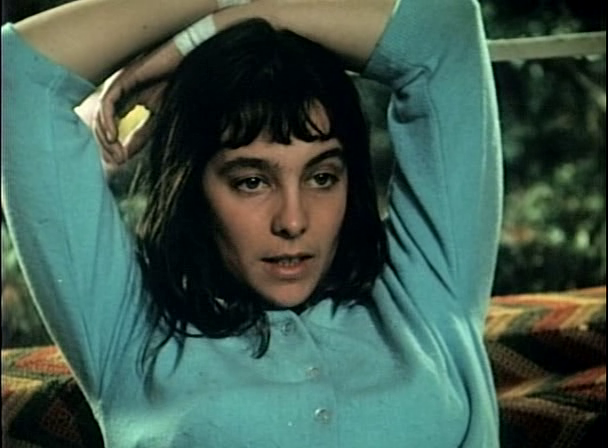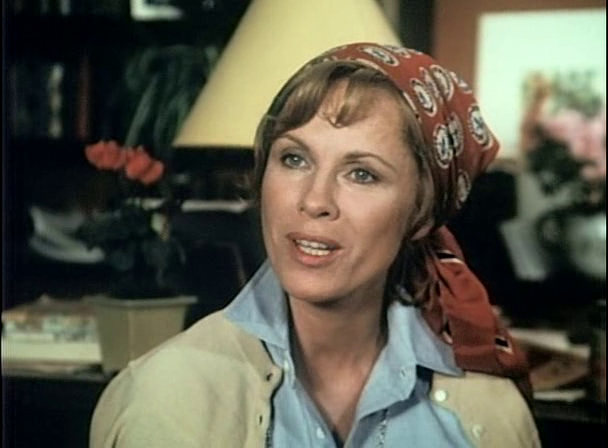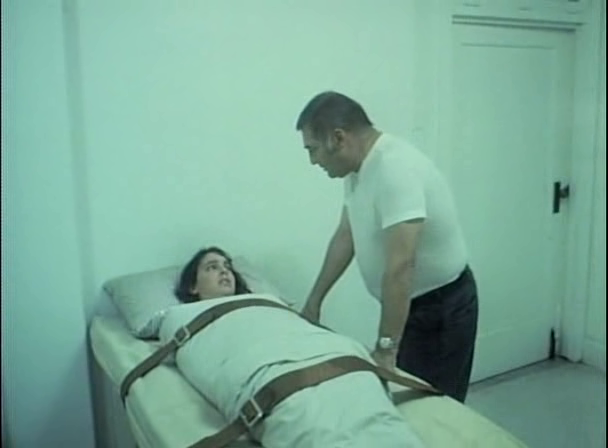|
Genres, Themes, Actors, and Directors:
- Kathleen Quinlan Films
- Literature Adaptation
- Mental Illness
Review:
Kathleen Quinlan’s memorable performance in this adaptation of Joanne Greenberg’s bestselling semi-autobiographical novel is reason enough to label it a Missing Title from Peary’s book. 23-year-old Quinlan convincingly portrays a fiercely independent teenager (Deborah) beset by mental turmoil, who slowly allows herself to trust in the guidance of her new therapist (Bibi Andersson); this situation sounds ripe for cliche, but it’s handled with a remarkable level of honesty and respect, and bolstered by fine, nuanced performances from both actresses. Indeed, the film itself remains a surprisingly welcome addition to the sub-genre of movies taking place within mental asylums. Other than its unrealistically happy ending (and an inevitable compression of events taking place over several years), most of what we see happening on-screen feels refreshingly authentic. We witness a case of horrific abuse, and tentative friendships forming between the inmates (who are likely to be cordial with each other one minute, then unaccountably violent the next). We also see moments of genuine compassion on the part of the caretakers — most noticeably in the minor character of “McPherson”, who handles one particular scene (undressing Quinlan from her restraints) so naturally that you can’t help believing in him as a real character.
Much has been made about the assessment of Deborah as schizophrenic, a label the character herself uses several times throughout the screenplay; while this would appear at first glance to be a correct diagnosis (given that Deborah is plagued by unwanted voices and visions), experts ultimately determined that she probably suffered from extreme depression and somatization disorder rather than schizophrenia (which would explain why she could attempt to heal herself without the assistance of medications). Regardless, her intrusive visions are nicely handled by director Anthony Page; we see her slipping into her alternate reality at strategic times, but this is never overplayed. Overall, nearly everything about this film worked for me — thus, I’m labeling it a Missing Title, and recommending that film fanatics check it out.
Note: Susan Tyrrell is nicely cast as one of the inmates; that was a fine, no-brainer choice. Watch also for Sylvia Sidney as an inmate Deborah becomes friendly with.
Redeeming Qualities and Moments:
- Kathleen Quinlan as Deborah

- Bibi Andersson as Dr. Fried

- Susan Tyrrell as Lee

- Norman Alden as McPherson

- An effective cinematic portrayal of mental disturbance

Must See?
Yes, simply for Quinlan’s break-through performance.
Categories
- Noteworthy Performance(s)
Links:
|





